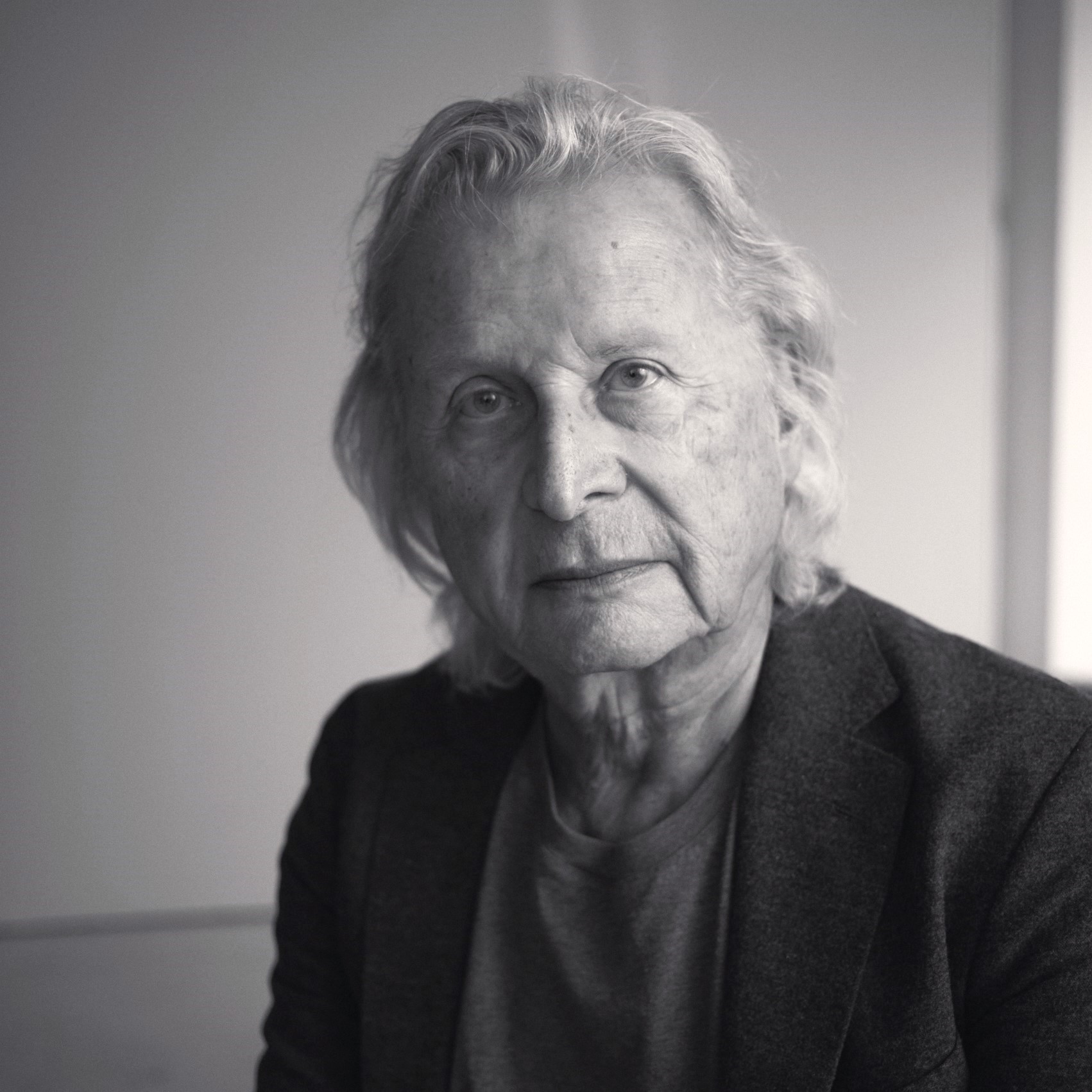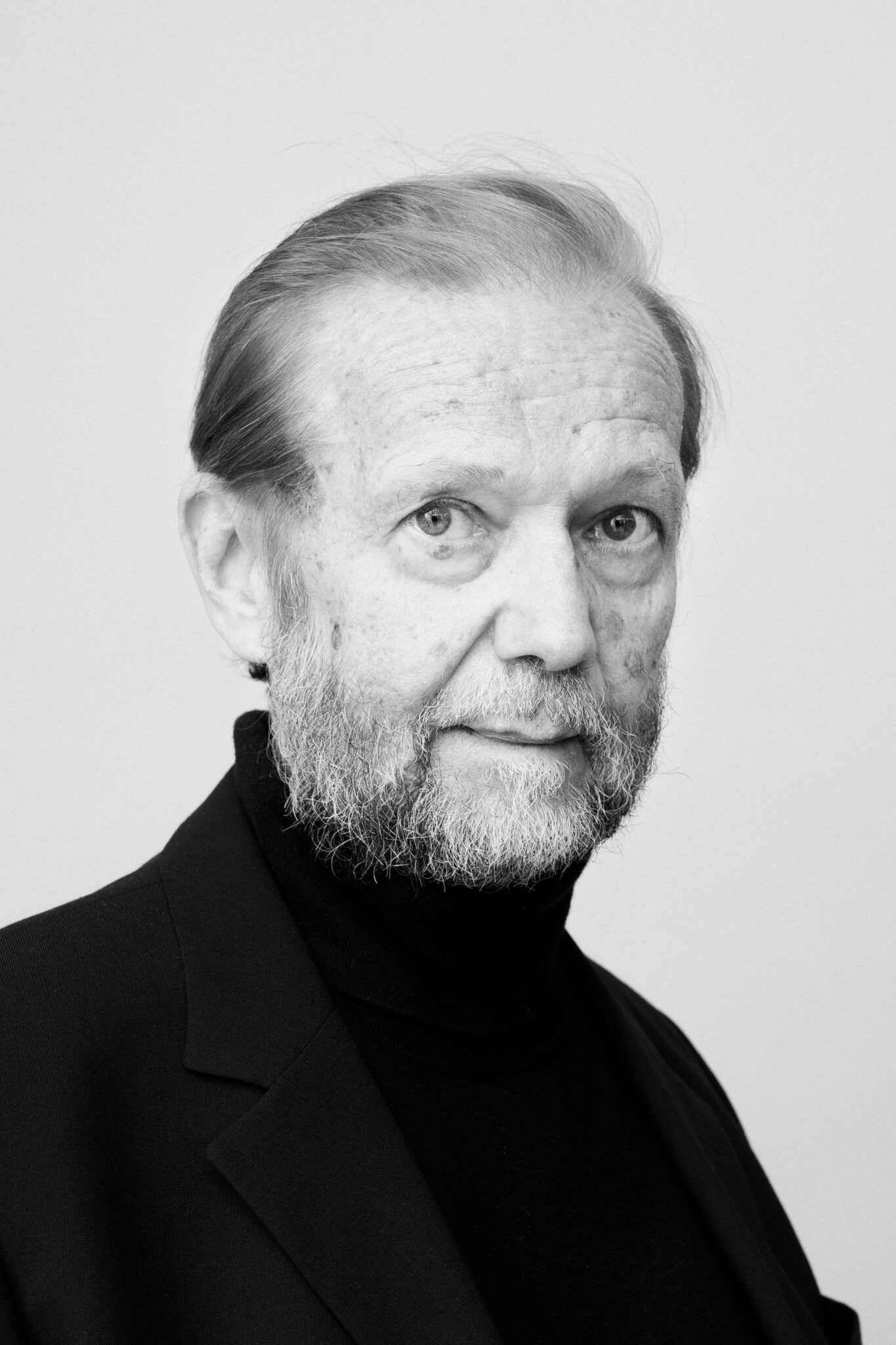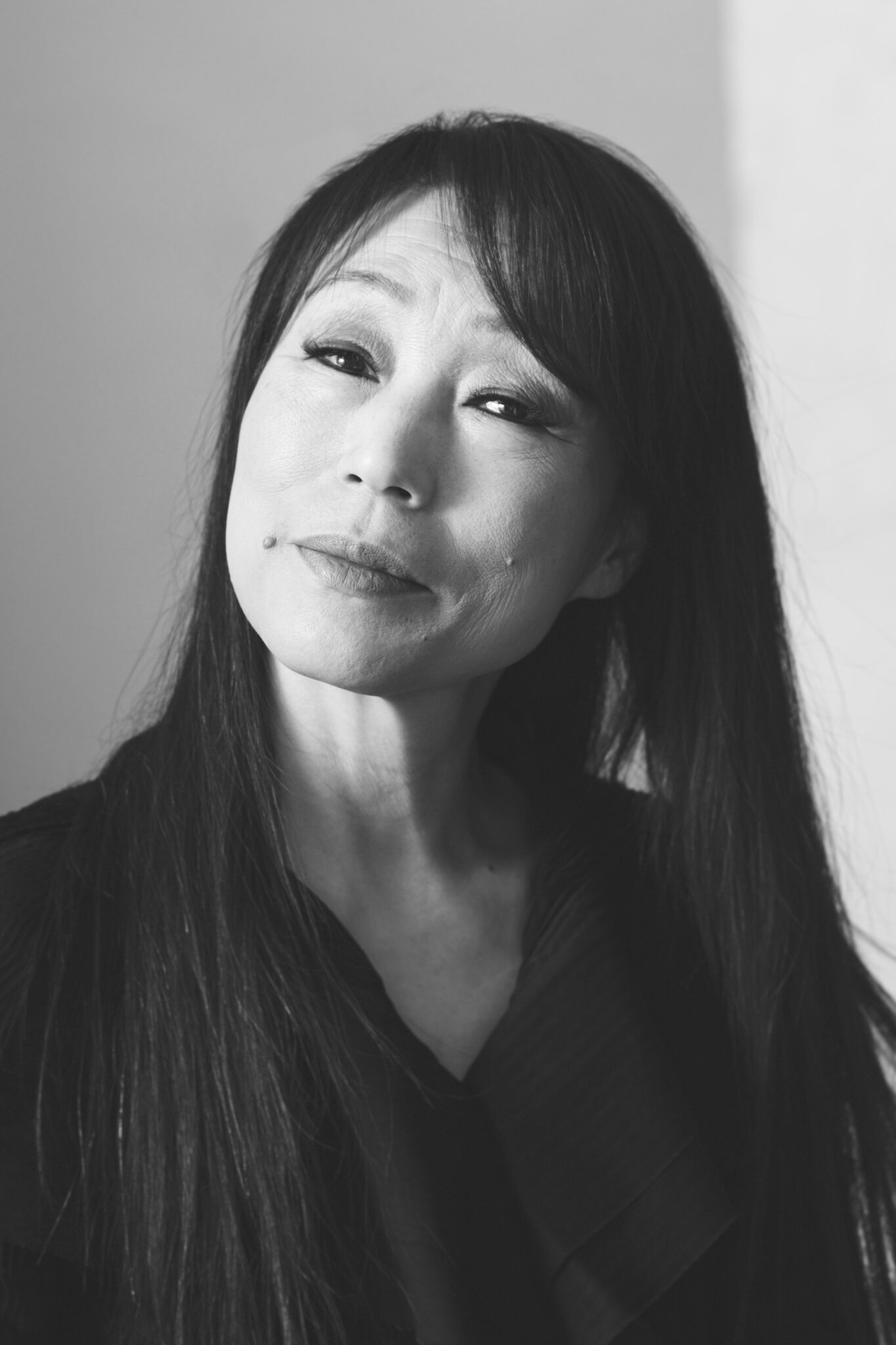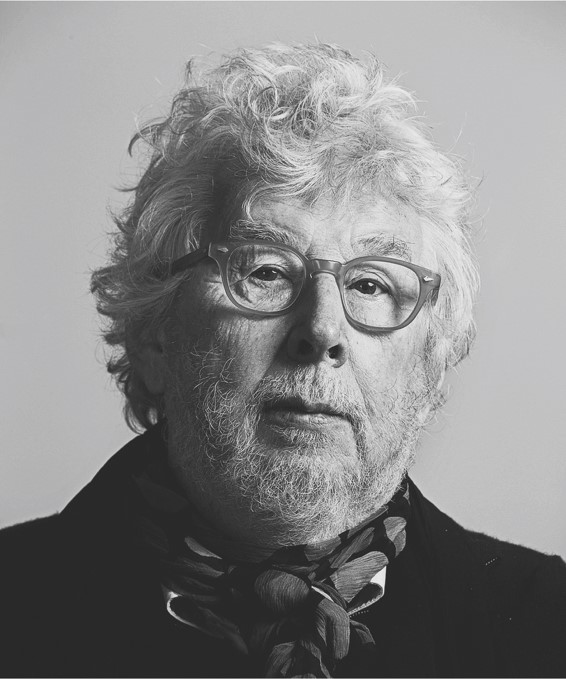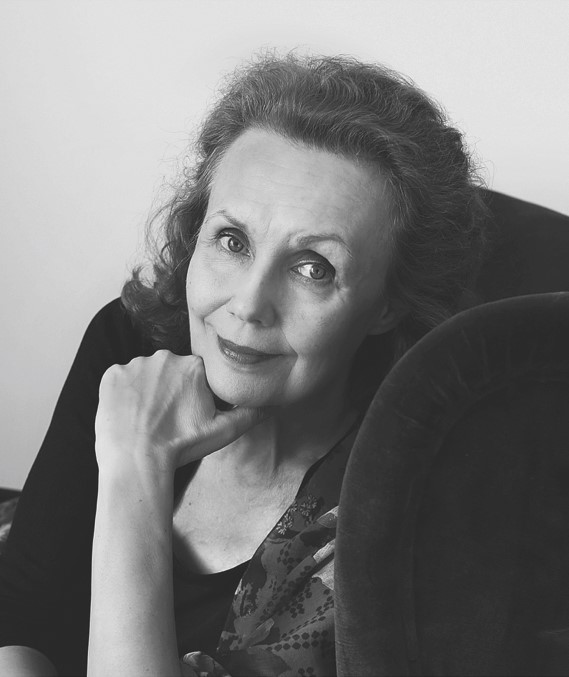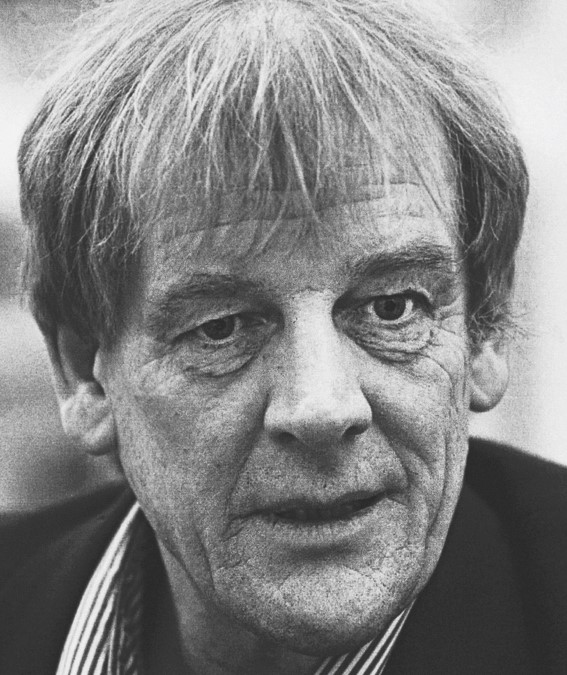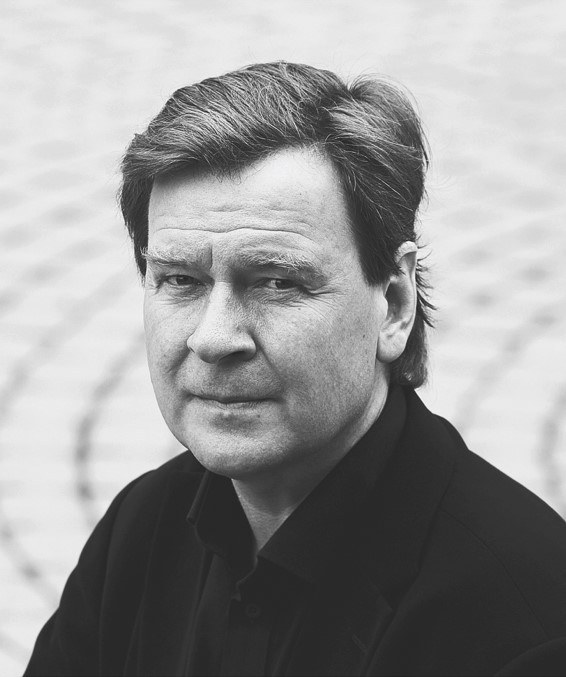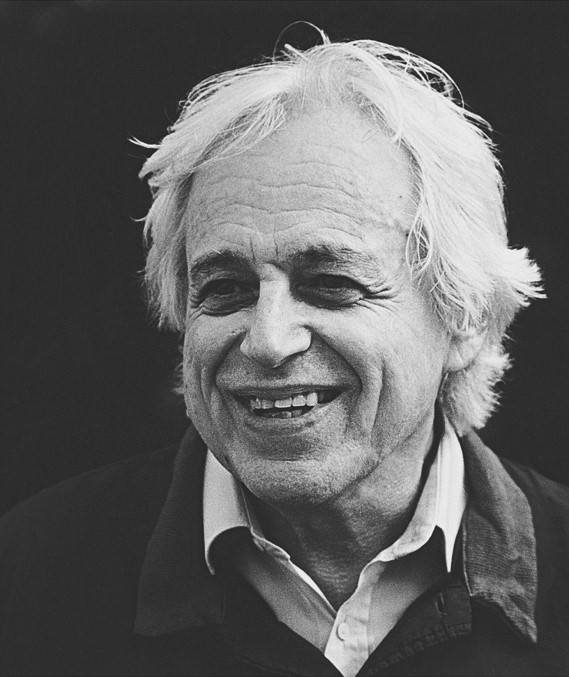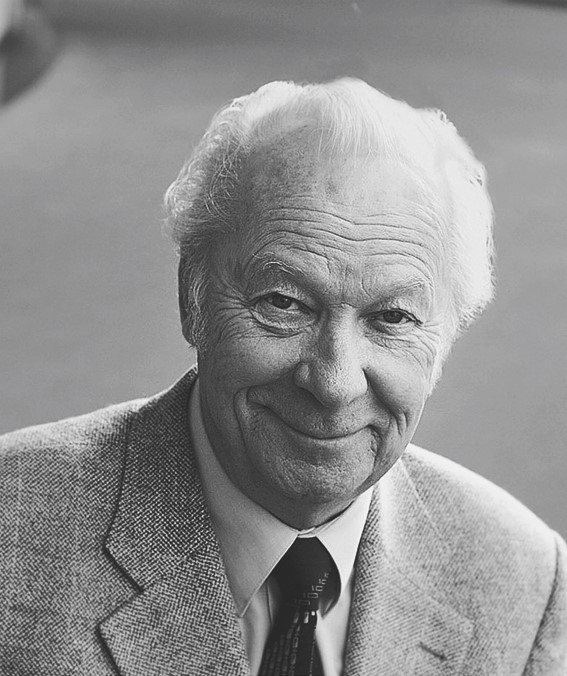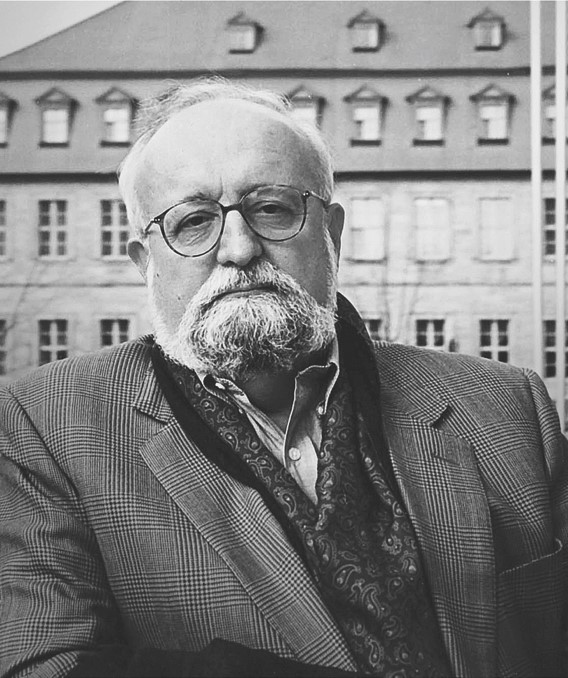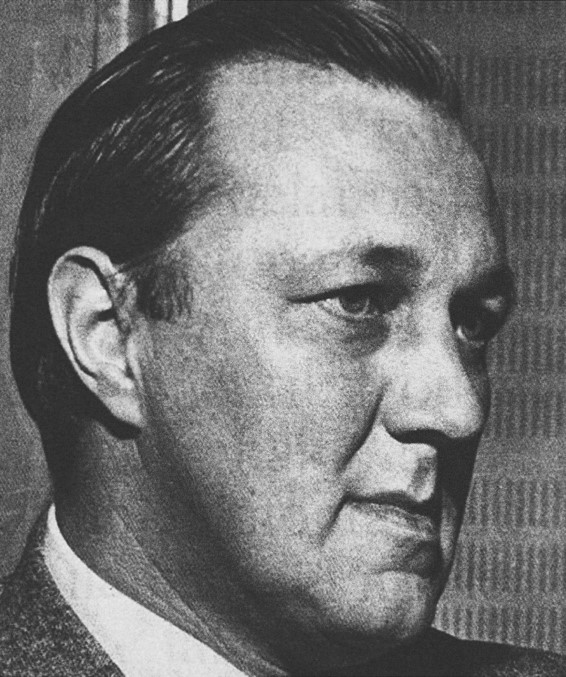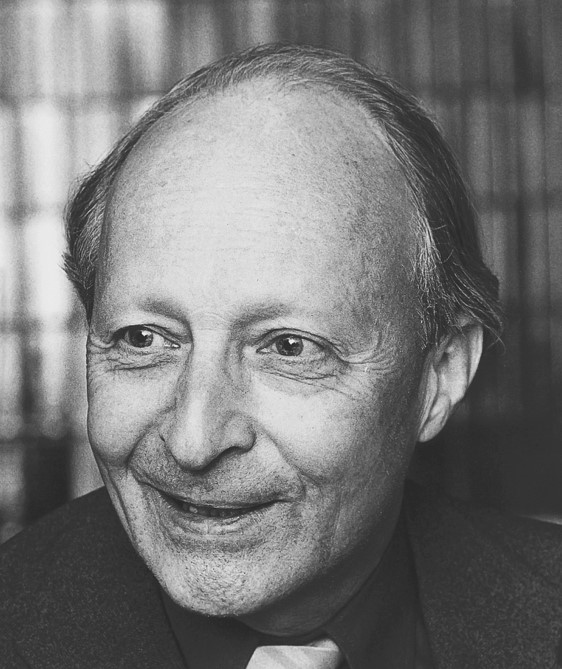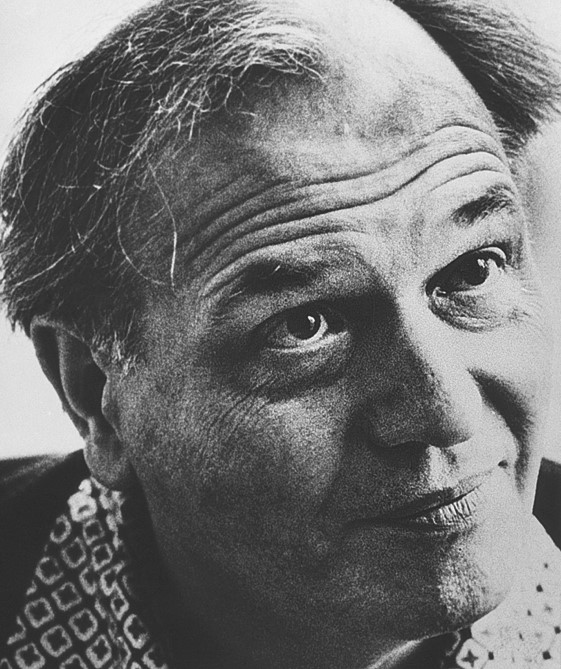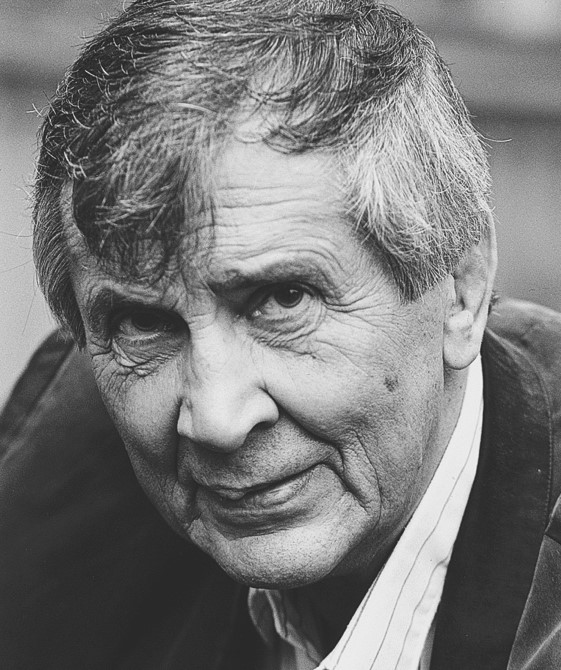György Kurtág
2012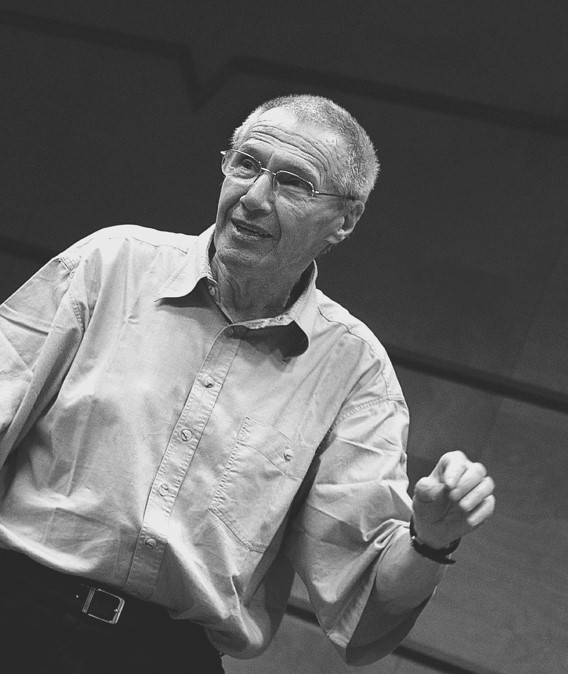
György Kurtág often refers to familiar, code-like gestures in his composition works. His music could be described as a drama of crystal-like fragments, akin to the jewels of intimate life moments, enriched by the shimmering presence of tradition.
György Kurtág was born on February 19, 1926, in the town of Lugoj, located in the Banat region of what is now Romania. In 1946, he began his studies at the Franz Liszt Academy in Budapest, where his teachers included Pál Kadosa (piano), Leó Weiner (chamber music), and Sándor Veress and Ferenc Farkas (composition). After the Hungarian Uprising and completing his formal musical studies, Kurtág moved to Paris in 1956.
Since composition studies in his homeland had primarily focused on harmony and counterpoint, Paris offered a completely new array of stimuli. From 1957 to 1958, Kurtág studied in Paris under Olivier Messiaen and Darius Milhaud. Another key figure during his time in Paris was art therapist Marianne Stein, who played a significant role in his artistic development. In 1967, he was appointed professor of piano and chamber music at the Franz Liszt Academy, a position he held until 1993.
A large part of Kurtág’s output consists of songs in various settings. The content of the texts, as well as their relationship to the textual worlds of other compositions, is of great importance. He frequently incorporates familiar, code-like gestures into his works, where the key to understanding them may lie in the context of another piece. His music can be described as a drama of crystal-like fragments, akin to the jewels of intimate life moments, enriched by the shimmering presence of tradition.
Kurtág has received numerous awards throughout his career. In 1994, he was awarded the Austrian State Prize for European Composers, a strong recognition of his life’s work. The Hungarian government honored him with the Kossuth Prize for his lifetime achievements in 1996, and he received the Austrian Ernst von Siemens Music Prize in 1998. In 2001, he was named an honorary member of the American Academy of Arts and Letters. He received the Danish Sonning Music Prize in 2003 and the Grawemeyer Award in 2006.
